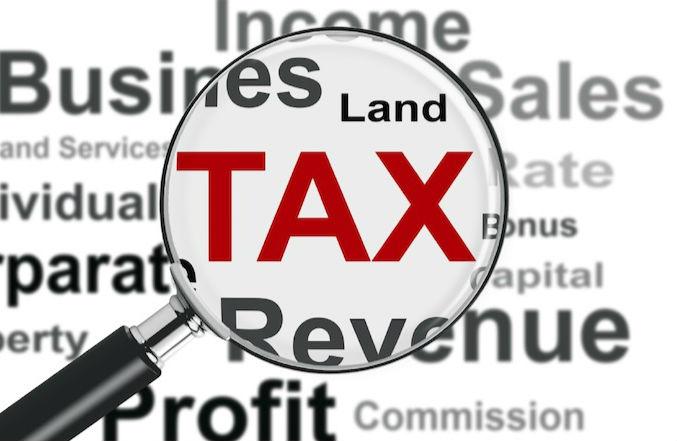WASHINGTON, March 12 (Xinhua) -- U.S. Senate Republicans are seeking alternative plans to House Speaker Paul Ryan's tax reform package, which includes a controversial border adjustment tax that's facing lots of resistance in the upper chamber, according to local media.
"Senators are laying the groundwork for a new direction, expecting the House plan will either fail or require substantial revisions," The Hill, a U.S. political website, reported on Sunday, adding that Senate Majority Leader Mitch McConnell had pushed back the timeline of tax reform outlined by the Trump administration and given the Senate more time to seek alternative plans.
House Republicans, led by Ryan, had proposed eliminating the 35 percent corporate income tax rate, and replacing it with the so-called border adjustment tax that would enact a 20 percent rate on imported goods and materials, as a key part to overhaul the tax code.
Ryan argued that the border adjustment tax would be necessary to raise 1.2 trillion U.S. dollars to lower individual and corporate income tax rates without adding to the federal deficit. But a lot of Republicans in both chambers came out against such tax, citing the higher prices they'd inflict on consumers.
"I don't think it's going to pass over here. There's not a lot of enthusiasm for it. We're already working on what we'd like to do," Senate Finance Committee Chairman Orrin Hatch was quoted as saying.
It's still unclear whether U.S. President Donald Trump backs Ryan's proposal. House Ways & Means Committee Chairman Kevin Brady said last week that Trump didn't like the name of the border adjustment tax, but the president liked the principle behind it.
Ulrik Bie, chief economist for global macro at the Institute of International Finance, currently sees little chance of the House version of the border adjustment tax making into law.
"Vested interests are too great with retailers and refineries (and other importers) among the clearest potential losers, while the beneficiaries (in the short term) would be the large manufacturers...the optics are not great and the White House is disinclined to provide political cover," Bie wrote in a recent analysis of Trump's economic agenda.
"Without revenues from the border adjustment tax, corporate tax rate cuts are likely to be less aggressive than envisioned during the campaign, even when including funds from a repatriation tax," he said.




 A single purchase
A single purchase









